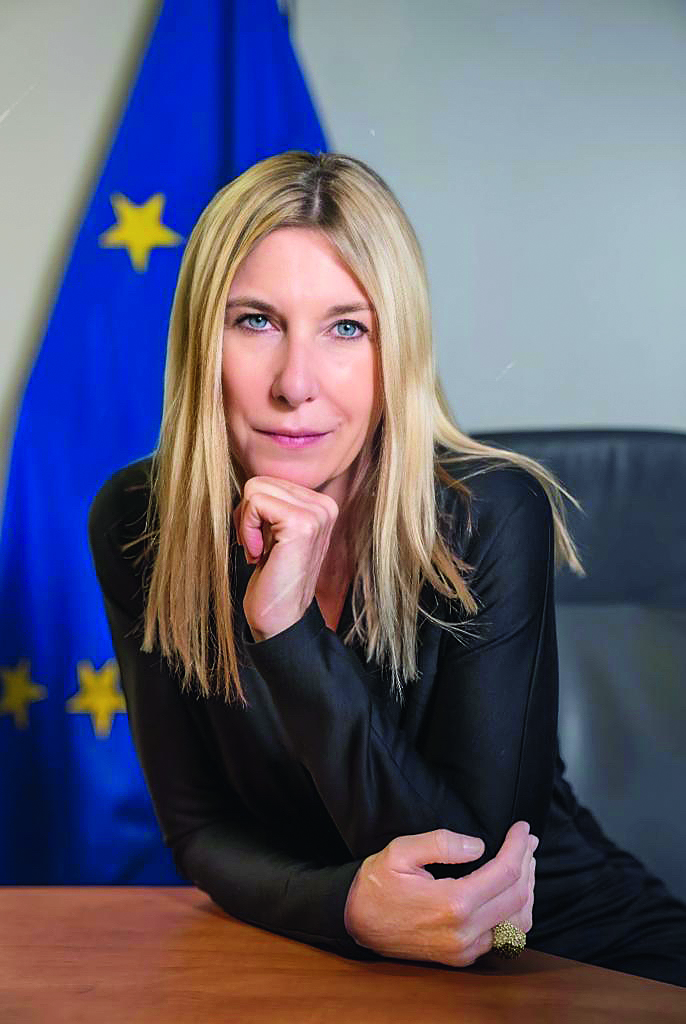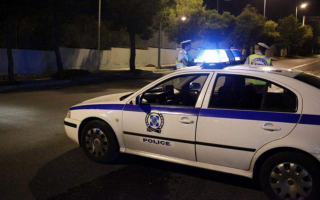Prostituted women are ‘invisible,’ EU official says

The lure of a supposedly well-paid job and a decent life is frequently the perfect snare for thousands of women held in the clutches of human trafficking rings, from which only a small proportion will escape.
The recent dismantling of the trafficking ring that forced women from Venezuela into prostitution in Greece is indicative of the scale and complexity of the phenomenon, the early stages of which take place online.
 “Since the coronavirus, the women who were being prostituted have become even more invisible as they have left the streets; this is what I am told by those working in the field across Europe,” Diane Schmitt, the European Union’s anti-trafficking action coordinator, told Kathimerini.
“Since the coronavirus, the women who were being prostituted have become even more invisible as they have left the streets; this is what I am told by those working in the field across Europe,” Diane Schmitt, the European Union’s anti-trafficking action coordinator, told Kathimerini.
“The recent arrest of the traffickers from Latin America is the result of international cooperation,” said the European official, who was in Athens for a series of meetings with all stakeholders and professionals. “The authorities in Greece, Spain and the US worked together,” said Schmitt, who assumed her post in July 2021 and works closely with Europol, Frontex and the national authorities of all EU member-states.
Greece, she said, is not a “special case,” despite its geographical location.
“Each member-country has its own particularities. I was, for example, a few days ago in Bulgaria, where the vast majority of the recognized victims are of Bulgarian origin,” she stressed.
Official EU figures show that the majority of victims are EU citizens, often falling victim to traffickers in their own countries. Indicatively, in 2019-2020, 53% of recorded victims with known citizenship were EU citizens and 43% were third-country nationals.
The most represented nationalities of victims who were EU citizens, based on population rather than absolute numbers, were Romania, Bulgaria and Hungary.
The countries with the highest percentages of victims who are also EU citizens are Estonia, Hungary, Bulgaria, Romania and Slovakia.





